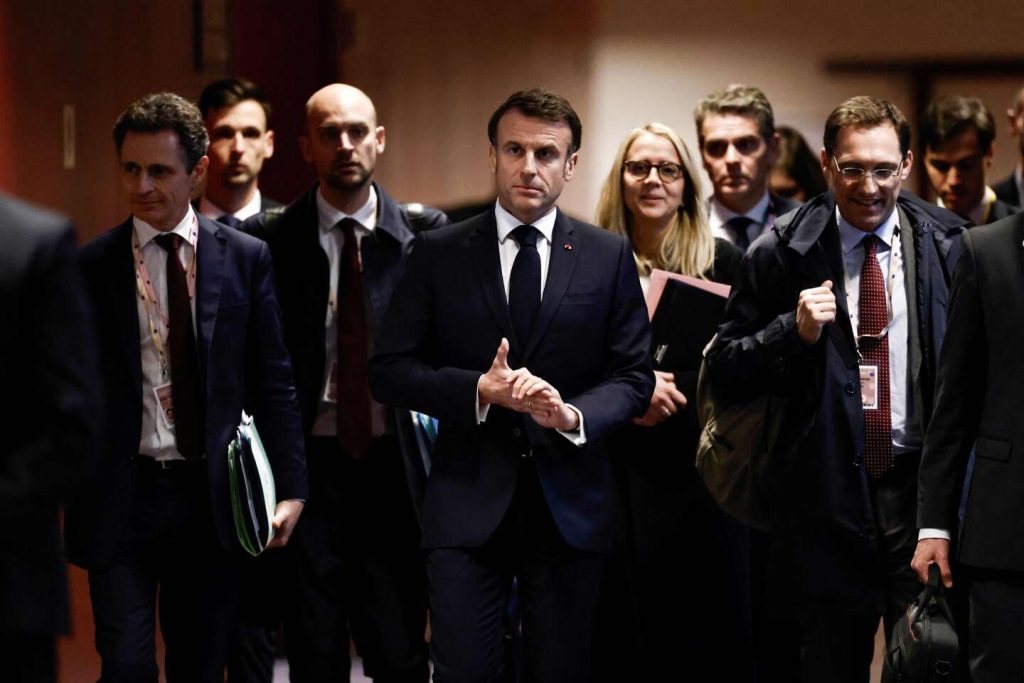During a European summit in Brussels on March 22, 2024, France was once again placed on high alert for a potential terrorist attack. The highest level of the Vigirate plan, which had been activated after the Islamist attack in Arras where a teacher was killed on October 13, 2023, was reactivated on the evening of Sunday, March 24. This decision was made during a defense council meeting chaired by President Emmanuel Macron at the Elysée, less than three months after it had been lowered following a change of government. The decision to raise the alert level came just 48 hours after the attack in Moscow on Friday which left 137 people dead and was claimed by the Islamic State.
French Prime Minister, Gabriel Attal, cited the threats facing the country as justification for raising the alert level. With the Olympics just four months away, tensions in Paris are rising as the Islamic State in the Khorassan region (ISIS-K) has claimed responsibility for the Moscow attack and has been implicated in several recent foiled terrorist plots across Europe, including Germany and France. They were also reportedly involved in a foiled attempt to attack the Christmas market in Strasbourg in December 2023. Security services are reviewing individuals deemed to be at risk within the country in response to the heightened security alert.
The attack in Moscow, often referred to as the “Russian Bataclan” due to its occurrence in the Crocus City Hall concert venue, has the potential to reopen wounds in France following the tragic events of November 13, 2015, the murder of Samuel Paty on October 16, 2020, and the killing of Dominique Bernard, all by radicalized Islamists from Chechnya and Ingushetia, both Muslim-majority regions in Russia’s Caucasus region. The reactivated threat of terrorism raises questions about whether the conflict between Russia and Ukraine will fade into the background as the French government and citizens focus on the immediate security concerns at home.
There is concern that the renewed terrorist threat may shift attention away from the Russo-Ukrainian conflict. The president’s inner circle is worried about the rhetoric from the far-right National Rally party, suggesting that the Moscow attack reveals “the” true enemy of the West. The party’s spokesperson, Sébastien Chenu, emphasized the danger of radical Islamism in contemporary societies, including France, the US, and Russia. The political discourse around the Moscow attack underscores the ongoing challenges faced by Western nations in addressing terrorism and geopolitical conflicts in a complex and interconnected world.


